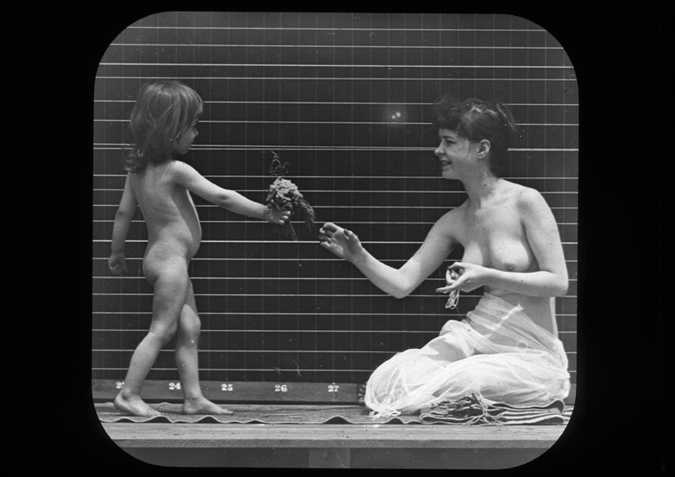Snake’s Karma
Why this be as it is he wonders.
Questions boundin round inside
His tube like echos in a sewer pipe.
Why not some better endin
For everything—why we got to bring
Down the whirlwind on ourselves,
Past and present rubbed together
Til the future’s set on fire?
Why can’t we do this simple
Thing—love one another, love the land
Includin the land of one another
And the planet where it happens?
What keeps us from gettin it right
And makin peace with death so as
We don’t fear it so much we be invitin
It prematurely into our hearts.
Snake thinkin about this but all the time
He’s salivatin bout the good taste
Of a bone still got some of the critter on it.
“Snake’s Karma” is reprinted from Snake, Red Hen Press, 2012.
J. Gary Lemons writes, “There is tradition but there is also freedom from tradition. Meaning really there is just freedom. To look–to see the invisible lines between things, to color the world with thought and paint its huge relevant inexpressible ironies with the tiny brush of personal devotion. The choice is the gift. The rest is practice.
I want to be at that place where individual memory and collective memory intersect. Like a scientist picking the fragments of mesons and quarks left after a high speed particle collision, I want to rake through the details of bones, of threads and odd symbols and mirrors every human being leaves in the safety net below them. I want to draw attention to, perhaps even comfort, the trembling pieces as they begin to fade.”
His poetry collections include Fresh Horses (Van West & Co., 2001), Bristol Bay: And Other Poems (Red Hen, 2009), and Snake (Red Hen, 2012). He lives in Port Townsend.


